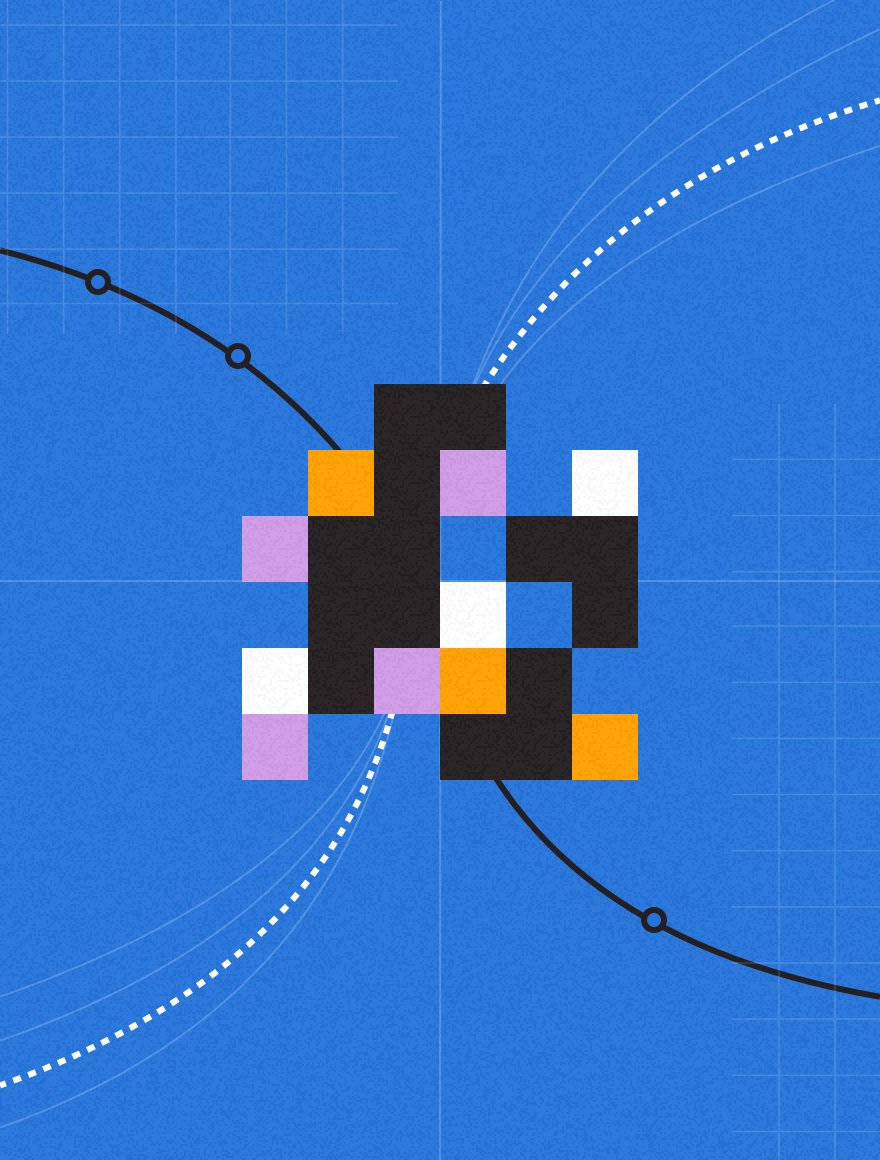I was recently interviewed by John Golden, CEO of Huthwaite, for his Business Insight podcast series. We talked about Social Networks and Social CRM in the context of sales effectiveness, and I spoke a little about Dealmaker Pulse, our recent offering in this area. John’s questions were insightful, and I thought that perhaps there might be something of interest to you in the discussion. Here’s a transcript of the interview (edited for brevity and clarity).
John Golden: There has been a lot of talk recently about the concepts of unlocking tribal knowledge and the notion of the Social CRM, so can you talk a little today about why they are increasingly seen as strategically important to sales organizations?
Donal Daly: Tribal knowledge is really just today’s label for information that you get from your networks, but because technology has enabled increased velocity of information gathering, the power of tribal knowledge has really grown dramatically. Online Communities is one of the fastest growing areas on the internet. There is now more information flowing through online communities than through email. It’s all part of the growth of networks.
Social CRM is a phrase that has lots of different definitions, but I think that it needs to be both a philosophy and a business strategy; but one that is supported by technology designed to inform and engage both the customer and the sales person in a collaborative conversation. Social CRM needs to be a recognition that the customer increasingly owns the conversation, and if you want to be a participant in that conversation then you need to ‘hang out’ online where your customers are so that you listen to what’s going on and engage in the conversation.
If you pull those two things together: the tribal knowledge and the CRM, then hopefully Social CRM gets implemented in a more customer centric, business centric paradigm than we have seen with CRM in the past.
JG: From a sales perspective, what challenges are they creating for traditional selling models and traditional ways of engaging with prospects and customers ?
DD: Our research would show that sales cycles are in fact getting shorter, but yet, anecdotal evidence would suggest that it’s getting harder to make a sale. Social is playing an important role here, and it’s quite simple. Buyers are inviting sales people into the conversation – or into the buying cycle – at a later stage in the cycle because they are using social networks, social media, online communities and their peer networks to evaluate options, and shortlist solutions, before the sales person even knows that a sales opportunity exists.
The whole social universe is helping to educate a much more informed buyer who is now saying ‘we don’t need to have sales people in here telling us what they do because we already know, and if we don’t already know, we can just ask one of our peers in the network’. The net effect is that the Sales Cycle has shortened but the Buying Cycle hasn’t, so you must be part of the Recommendation Chain. You need to be there when customers are looking for solutions or looking for information. And when buyers are looking in the social network and are ‘hanging out’ in the social network somewhere, then they must find you. And that’s a reversal of the traditional sales or marketing model.
JG: Given that there are no good/proven models yet, if an organisation is looking at this and saying ‘I need’ to understand the Social CRM, I need a strategy, and then I need to build a strategy around it – how should they start to implement that strategy, or how should they even formulate that strategy in the first place ?
DD: You need to think about giving value first and expecting nothing in return. It’s the kind of thing you do in your own ‘real’ social community; you do it not because you are getting something back, but you just know it’s the right thing to do, and you will get your return. You need to start by empathizing. Set up a Social listening station. Follow your customers and other influencers. Put your finger on the pulse of your customer’s needs: empathize, which is active listening; and then engage, which means that you are going to start contributing to those conversations.
- Be authentic.
- Become part of the Recommendation Chain.
- Invite other people to ‘play’ in your community.
That’s the ‘what’. Then there’s the ‘how’, and integrated, smart, technology has a big role to play. These two words ‘integrated’ and ‘smart’ are both very important. Social CRM, or what I’d call Intelligent Social Networking for Sales is not about data, feeds, or activity. It’s about ‘inference’ in context. It’s about what I call Integrated Resonance.
Social stuff doesn’t happen in isolation, no more than your sales activity should happen in isolation. Will your systems help you to act in the context of the specific deal that you are working on, but in concert with your customer’s activities in the social web? And will your systems guide those actions according to embedded intelligence of smart sales methodology or process? Because if not, then you’re just going to be much more efficient at getting it wrong. It will just be CRM all over again.
JG: You recently launched a Social Networking solution of your own. Can you tell me what was the driver behind Dealmaker Pulse?
DD: Dealmaker knows a lot about sales opportunities. Because of the embedded intelligence it can immediately recognize critical events in a sale. We thought that if Dealmaker could talk to us then it would tell us that such a critical event was happening. So, we adopted the Twitter paradigm, and provided our customers with the capability to follow sales opportunities, accounts and users, as well as integrate their feeds from Twitter and LinkedIn.
It’s back to what I called ‘intelligent social networking for sales’, with instant objective deal alerts. It’s really just keeping your ‘finger on the pulse’ of critical sales events and customer sentiment, all within your Dealmaker environment.
Back to some of my earlier points: the social media technology today allows us to follow topics and people and if we are looking at our vision of what the social network looks like, you do need to follow topics and people, but do it in the context of your sales opportunities, your major accounts. You want to take total control of the information so that you can best serve the customer in the context of what they are doing, not just today, but in the last 3 minutes. So if you can do that and do it while at the same time Pulse is telling you about your deals .. then I think we’re on to something that will really add value for our customers.
We need to provide our sales people with systems that intelligently respond to what they are doing in the context of their deal. We have asked them for too long to be data entry clerks and so we need to combine the value that is in CRMs but do it in a way that is informed by intelligence of methodology, intelligence of analysis, do it in a way that really solves that reward to effort equation for the sales people and that goes across social media, and goes across deal coaching, and goes across sales forecasting, and I think that the bar will continue to be raised and I hope it is raised by our customers to increase the return on effort for every sales person out there.
The podcast is available from Huthwaite’s Business Insight podcast series.



